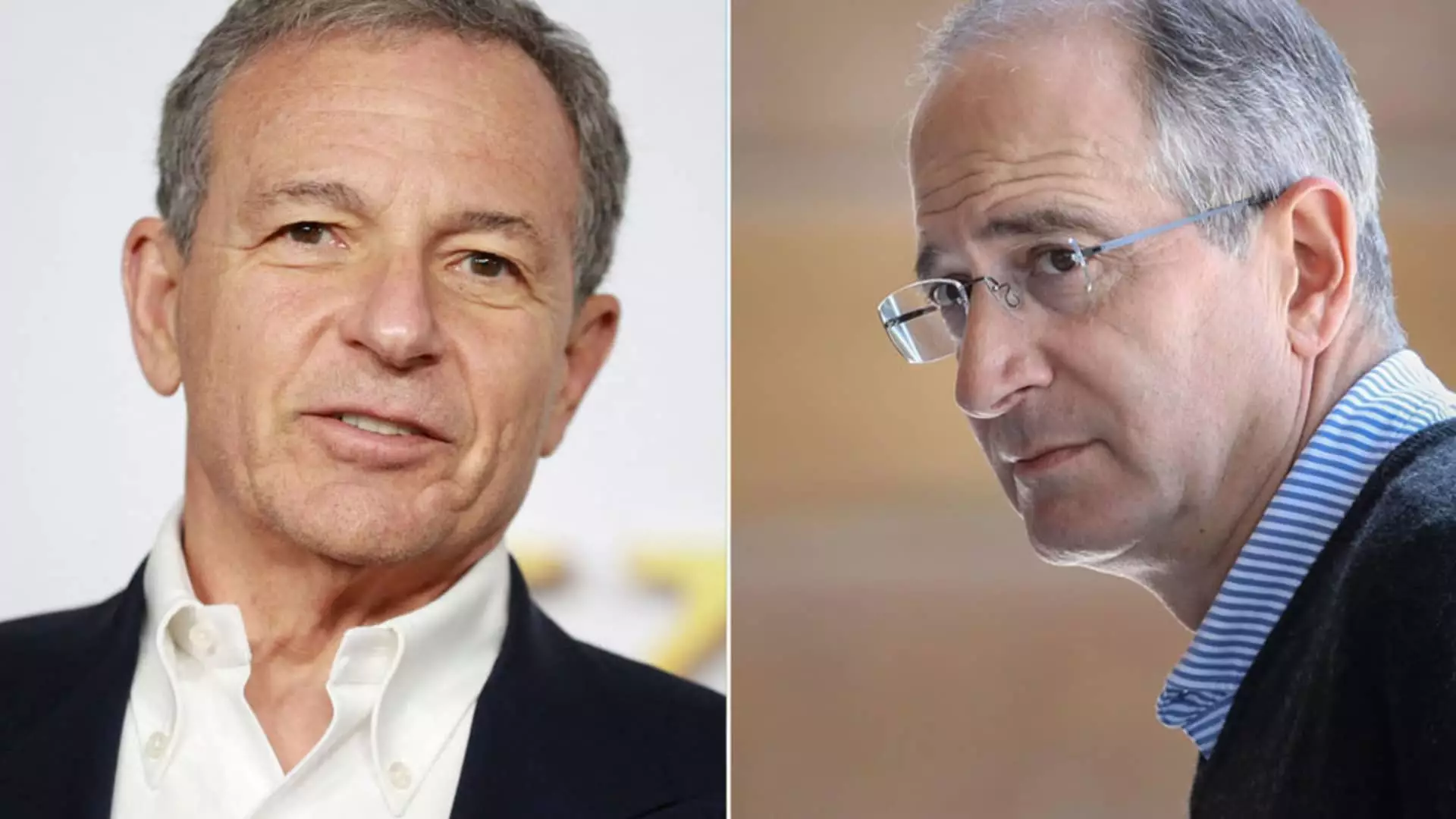As we approach the dawn of 2025, speculation regarding the future of the media and entertainment industry is rife. Industry professionals, cloaked in anonymity to facilitate frank discourse, have stepped forward with bold predictions for the upcoming year. These insights reflect not only excitement but also anxiety as pivotal changes unfold in an ever-evolving landscape. Drawing from previous forecasts, where outcomes varied widely in accuracy, let’s delve into what insiders believe lies ahead for major corporations and their strategies.
The past year was particularly striking, with many industry forecasts proving less reliable than in years gone by. A mix of ambition and miscalculation colored the predictions for 2024. Notably, major players such as Warner Bros. Discovery, Disney, and Netflix did not unite for a comprehensive streaming bundle as anticipated. However, there were notable collaborations, such as Max and Disney, indicating a shift toward strategic partnerships. Interestingly, Warner Bros. Discovery’s moves to acquire regional sports rights held true to expectations, highlighting the ongoing relevance of traditional content in a digital-first age.
While some forecasts fell flat, certain outcomes were partially accurate. Paramount Global underwent a significant transformation with its merger with Skydance, albeit not directly tied to external initiatives like RedBird Capital’s speculative acquisition attempts. This inconsistency in predictions raises questions about the industry’s stability and the capacity of executives to forecast within a changing environment.
Looking to the future, many insiders believe that consolidation will dominate the media landscape. Predictions indicate that corporations such as Comcast are primed for significant operational changes, potentially merging their cable assets to regain competitive ground. This controversial move, suggested by an anonymous executive, hints at the firm testing regulatory limits reminiscent of ten years ago when they attempted to merge with Time Warner Cable.
Compounding this scenario, Fox’s potential strategy to acquire HBO and Warner’s streaming assets would mark a monumental shift. This prediction challenges the prevailing narrative of retreat within traditional media, suggesting instead that a path to substantial scale could reignite competition. Alongside this, the expected delay in leadership decisions at Disney adds another layer of uncertainty, as the company grapples with both the present and future stability of its brand.
Beyond mergers and acquisitions lies the complicated relationship between media ownership and editorial direction. The tumultuous year faced by The Washington Post under Jeff Bezos illustrates the fragility of media enterprises amid scrutiny. As insiders speculate whether Bezos will step back in 2025, the need for solid leadership amid rising tensions will be crucial.
Executives from smaller broadcasters like EW Scripps and Sinclair Broadcast are also preparing for possible consolidation due to declining valuations. The notion that the anticipated turbulence from a new administration might lift some barriers relates to overarching trends of urgency in acquisition strategies. This forecast casts a wide net over the industry’s future, suggesting that the landscape might look very different in a year’s time.
As the industry brims with predictions of mergers and acquisitions, it is also essential to consider the underlying anxiety about whether such consolidations will yield the desired outcomes. Some executives argue that a reliance on mergers may not rectify the fundamental issues plaguing the current entertainment landscape. They hint at a need for a collective reimagining of concepts like streaming bundles, with the possibility of a revenue-sharing model that fosters collaboration rather than confrontation among competing entities.
The factor of changing consumer behavior also remains a key consideration, especially regarding platforms like ESPN, which is gearing up to launch its flagship streaming service by late 2025. Anticipating market reactions, stakeholders will closely monitor how these launches can coexist with existing collaborative ventures, such as Venu, potentially resulting in an industry reshuffle.
Leadership transitions will further shape the industry’s landscape, especially in companies with iconic franchises like Disney’s Lucasfilm. With Kathleen Kennedy at the helm for over a decade and now advancing in years, whispers of new blood taking charge of the Star Wars empire are growing louder. This potential shift signifies a broader cultural realignment within entertainment, as the demand for fresh perspectives intensifies.
The anticipation surrounding 2025 remains palpable. As media executives prepare to navigate the complexities of an industry that is both treacherous and promising, their predictions will serve as a litmus test for how well they understand the evolving landscape. Each of these forecasts will be scrutinized in hindsight, revealing the depth of insight—or lack thereof—that these anonymous leaders possess regarding the future of media and entertainment.

